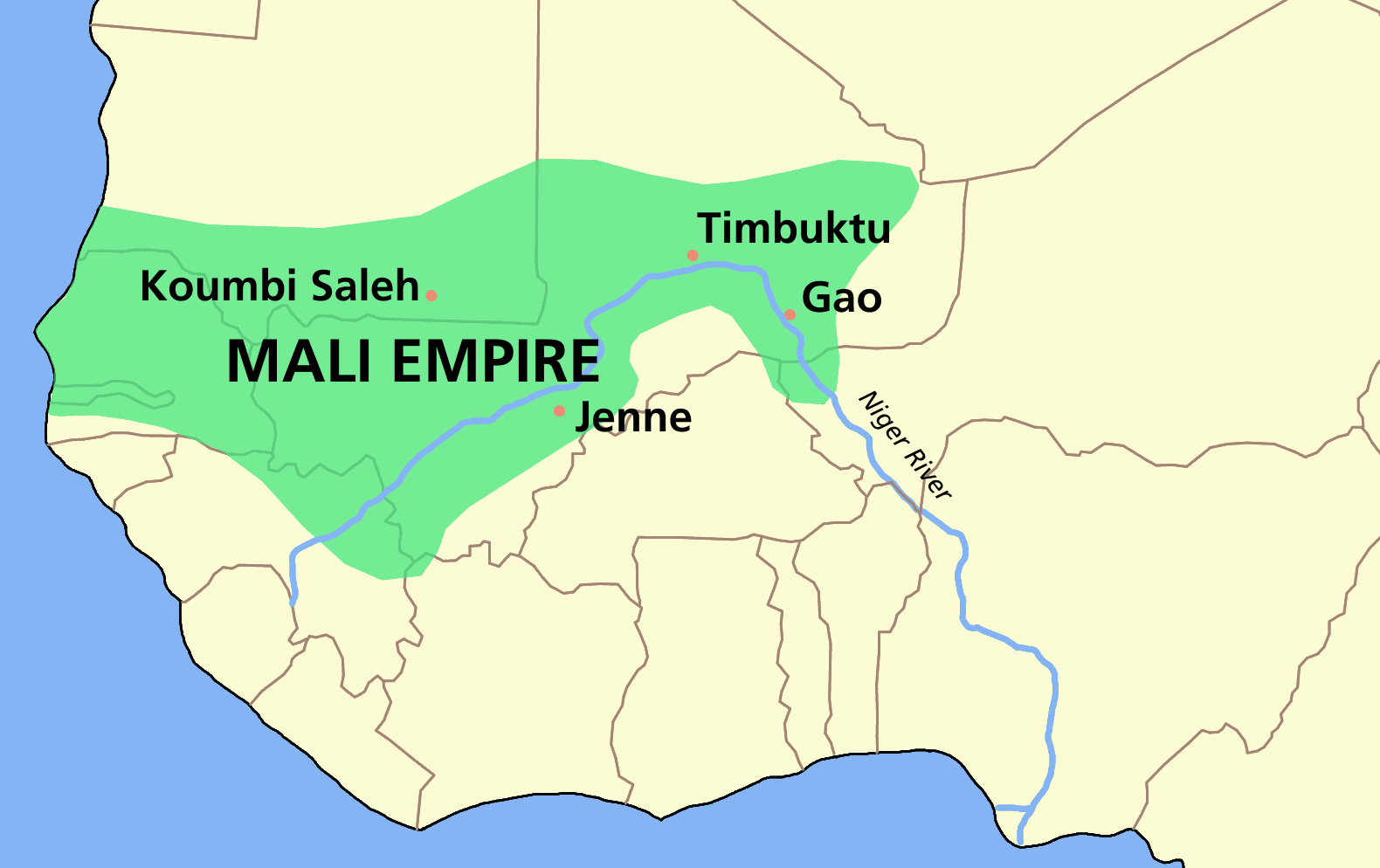"[The sultan] has a lofty pavilion, of which the door is inside his house, where he sits for most of the time. . . . There came forth from the gate of the palace about 300 slaves, some carrying in their hands bows and others having in their hands short lances and shields. . . Then two saddled and bridled horses are brought, with two rams which, they say, are effective against the evil eye. . . . Dugha, the interpreter, stands at the gate of the council-place wearing fine garments of silk brocade and other materials, and on his head a turban with fringes which they have a novel way of winding. . . . The troops, governors, young men, slaves, the Masufa, and others sit outside the council-place in a broad street where there are trees. . . . Inside the council-place beneath the arches a man is standing. Anyone who wishes to address the sultan addresses Dugha and Dugha addresses that man standing and that man standing addresses the sultan. If one of them addresses the sultan and the latter [the Sultan] replies he uncovers the clothes from his back and sprinkles dust on his head and back, like one washing himself with water. I used to marvel how their eyes did not become blinded."
-Ibn Battuta
This proves the wealth and power that the kingdom of Mali had during the years of its reign over that region of West Africa.

No comments:
Post a Comment